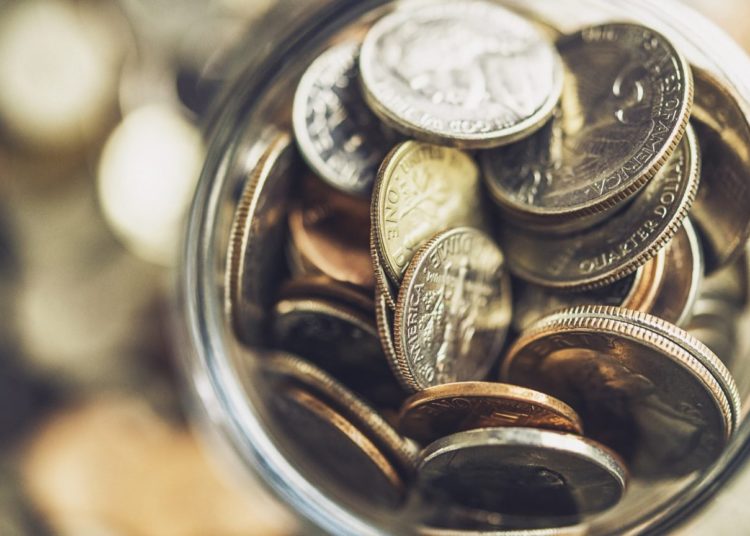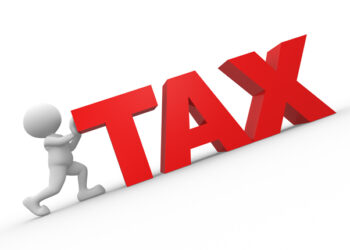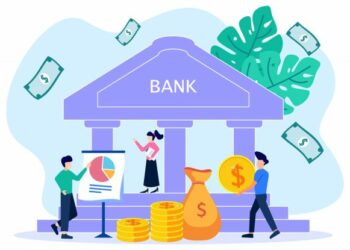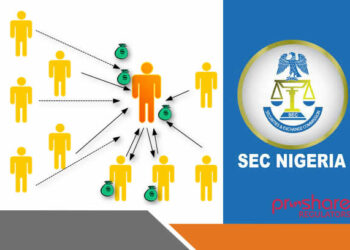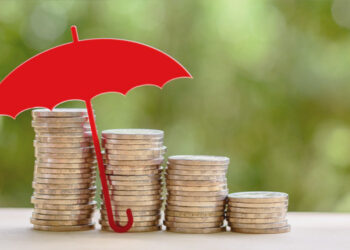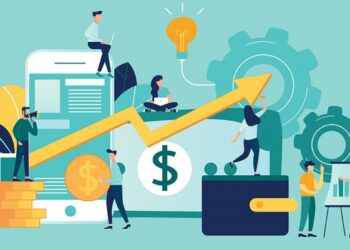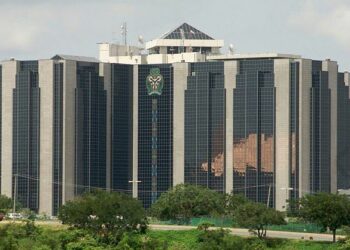The Central Bank of Nigeria (CBN) recently revised upward the minimum interest rate payable by banks on customers’ funds deposited in savings account and fixed funds. This is part of its efforts at reducing the volume of money in circulation through increased desire to save funds rather than spend it.
In September 2020, the CBN had revised the interest payable on saving to 10 per cent of Monetary Policy Rate (MPR). At that time, MPR was 12.5 per cent meaning that customers can only get 1.25 per cent interest on their savings in the bank.
A consequence of this is that people preferred not to save as the 1.25 per cent interest amounted to a substantive negative interest rate considering that inflation was over 13 per cent. Bank customers resolved to either spending their funds or investing in other instruments with many putting their funds in dollar denominated instruments in a bid to cushion the impact of the rising inflation on their funds.
Thus, as inflation soared to a 17-year high of 19.64 per cent in July and foreign exchange market witnessing increased volatility that saw the value of the naira crumble to over N720 to the dollar, the apex bank had resolved to make savings interesting again by increasing the benchmark interest rate.
The approaching 2023 general elections which is expected to see increased spending by politicians drive inflation higher is another reason the CBN had resolved to encourage savings. Analysts project that inflation rate is expected to cross the 20 per cent mark this August, although they envisage it would ease towards the end of the year.
In a circular issued to all banks it had resolved that minimum interest rate payable by banks on savings and fixed funds to 30 per cent of MPR. With MPR recently increased to 14 per cent, consequently, customers will now enjoy a minimum interest rate of 4.3 per cent which is 30 per cent of the MPR rate of 14 per cent.
This move, the CBN expects will entice Nigerians into saving, resulting to them dropping their demands for goods, which will negatively impact revenue generated by companies. The reduced demand is expected to force companies to cut prices in a bid to improve patronage.
Ultimately, the expected response is a knock-on effect on the growth of inflation, lowering and reducing the rate in the long run. However, some analysts believe that the inflation rate is not driven by too much money in circulation but insecurity and the fall out of a rising global inflation.
Analysts at Afrinvest noted that “While efforts to rein in inflation are laudable, the multi-faceted nature of domestic inflation including significant non-monetary drivers could elevate the cost of measures that have been adopted to curtail liquidity in the economy.
“For one, we do not expect the uptick in local currency minimum savings deposit rate to drive significant growth in customers’ deposits of banks especially in the retail segment which is less sensitive to deposit rates trend. On the other hand, the cost of mobilising deposits should trend higher with negative implications for banks’ interest expenses amid an expansion of interest rates in the economy.
“In sum, the cost of funds and net interest margins of banks will likely deteriorate and weigh on profitability. Sadly, we do not see banks being able to minimise this cost pressure from gains on trading income as yield environment remains artificially low.
“Beyond banks and other financial institutions, risk asset creation could stall amid the hawkish policy tilt and given the fragilities of the domestic economy, there is a tangible risk that non-performing loans could reverse its downtrend (assuming banks align with the 65.0 per cent LDR policy) if economic activities plateau.”
Earning More On Savings With New Interest Rate
ANOTHER GOOD READ
Most Recent
CBN Clarifies BVN Fee For Nigerians In Diaspora
July 7, 2025
LG Launches “Radio Optimism” Campaign
July 7, 2025
Are Africans Genetically Inferior?
July 7, 2025

